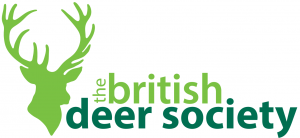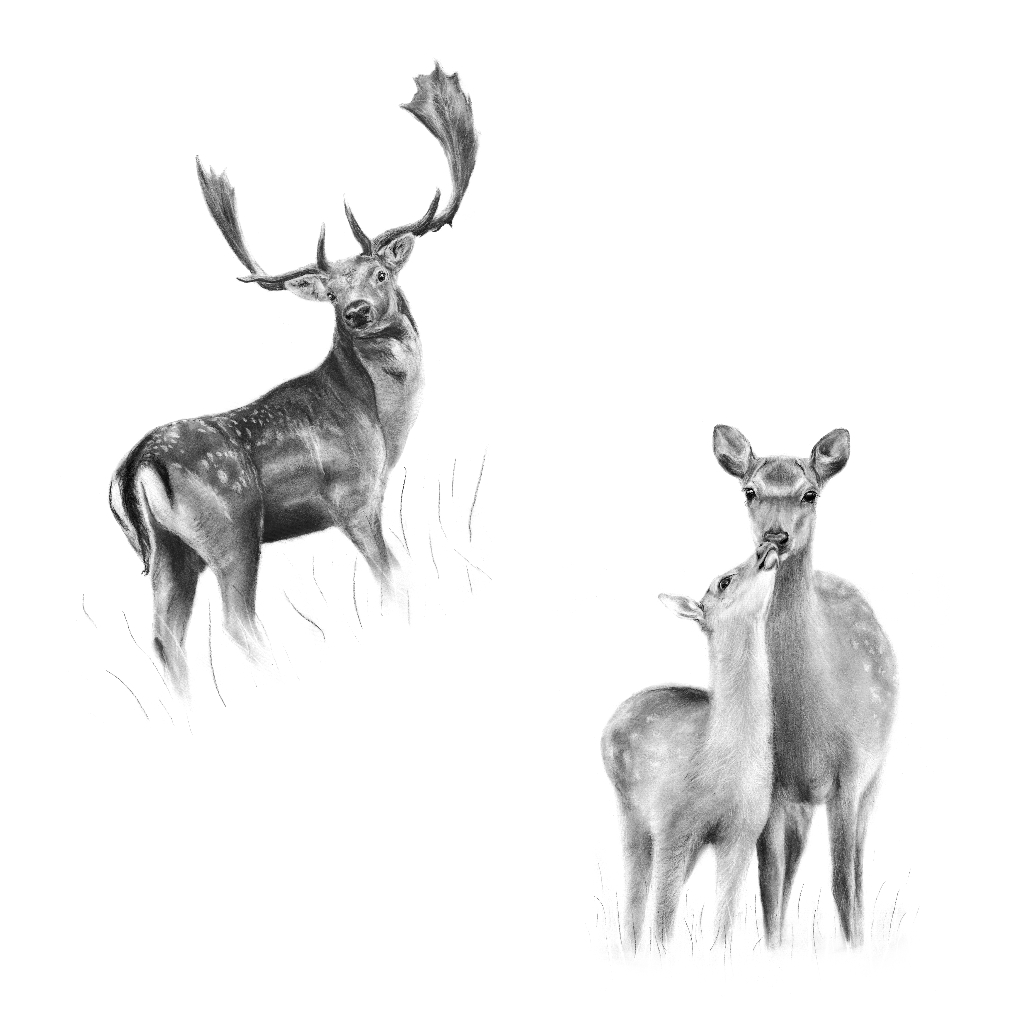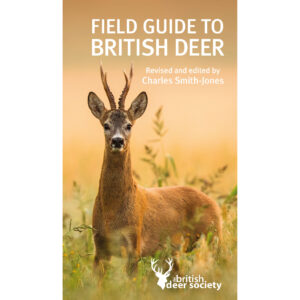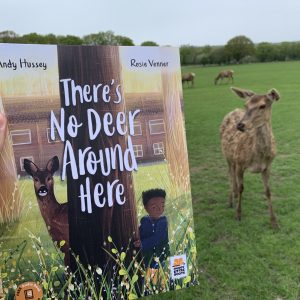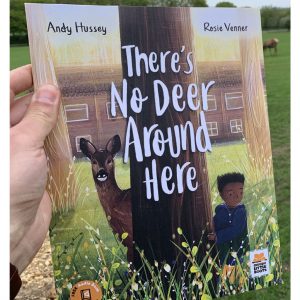ABOUT THE STUDY
Whitehead Trust Studentship – Menno de Jong
Most British deer have been impacted by population bottlenecks during introductions (or in the case of roe and fallow deer, reintroductions).
The implications for long-term survival and adaptation to local habitat are poorly understood, but theoretically selection is a weak force when population sizes are small.
At the same time, founder events are an important process in evolution, and founder groups evidently adapt to their new environment. This study will focus on understanding the relative importance of stochastic factors and natural selection for founder populations introduced to a new habitat.
In the UK there are several species that originated in quite distinct habitat in Asia (sika, muntjac and Chinese water deer) or were re-introduced from Europe (roe and fallow deer) and started as small founder groups in the UK. Next generation sequencing methods will be used to assess evidence for changes associated with both selection and genetic drift. The focus will be on two species – roe deer, building on earlier work* (funded by the Whitehead Trust) that identified population structure, the impact of local founder events, and the source of historical introductions, and reindeer introduced to the British overseas territory of South Georgia in the South Atlantic.
The latter case study will be included especially due to the excellent database available providing samples from the original population in Norway and the introduced population on South Georgia, and good historical data on the numbers introduced, the timing, and the demographics of the founder population since introduction.
It is expected that these studies will provide valuable transferable inference about the potential for deer species to adapt to local habitat in spite of small founder population size for all introduced species of deer in the UK. This information is relevant to the long-term survival and management of these species.
*This builds on Dr Karis Baker’s work in an importantly different direction: what are the consequences for individual and population development of moving a limited number of deer into deer-free environments? This has implications for pure evolutionary ecology and conservation management.
FURTHER READING
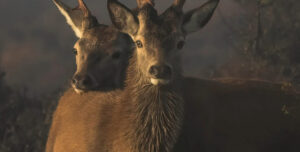
Partnership Announcement: British Deer Society and The Stalking Show
Together, with the help of our community and the fantastic help of the BDS Midlands, Wales and The Marches branch volunteers, we will be supporting the co-founders of The Stalking Show, David and Deanne, to make their 2025 event bigger, better and more memorable than ever before all whilst sharing the mission, vision and values of The BDS with the stalking community across the UK.

Give a Gift of Conservation
This Christmas, give a gift that truly matters—support the conservation of the UK’s wild deer. Learn how donating, gifting memberships, or making purchases through the British Deer Society can create lasting positive change for wildlife, the environment, and future generations. Choose a meaningful gift that goes beyond materialism and helps protect our natural world.
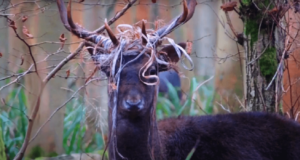
Protecting Deer from Fencing Hazards
Discover the heartfelt story of Beverley Challinor, who is dedicated to protecting the deer of her local woodlands. In this personal journey, Beverley shares the challenges deer face with common fencing hazards, offering eye-opening insights into how we can prevent needless suffering. Through her experiences and practical advice, learn how simple actions can make a huge difference for wildlife.



